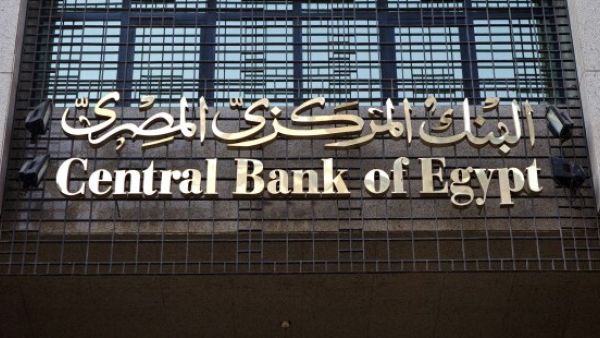A recent report by Bloomberg said that Egypt has fuelled its foreign reserves with heavy external borrowing from the international market.
The reserves hit a record high in July standing at $36 billion, an increase of $4.7 billion month-on-month.
Egypt's foreign reserves have been on the rise since the country floated its currency and clinched a deal with the IMF for a three-year $12 billion loan.
Bloomberg report noted that the increase has been driven by heavy external borrowing as investors pour money into Egyptian assets following the government’s lifting of most currency restrictions and the IMF’s approval of a $12 billion loan.
According to the report a total of $14 billion have flowed into Egyptian treasury bills.
The central bank floated the Egyptian pound in November to attract foreign capital after years of political instability drained the country’s reserves, and the currency has since more than halved in value.
Last month, Egypt received the second instalment of the its International Monetary Fund (IMF) loan, the equivalent of $1.25 billion.
The popular uprising that toppled former president Hosni Mubarak in 2011 led to a period of political turmoil that dried up Egypt’s vital sources of foreign currency, such as tourism and foreign investment.
Egypt attracted $9.8 billion of foreign investment in domestic debt instruments in the 2016-2017 fiscal year compared to $1.1 billion the previous year, Deputy Finance Minister Ahmed Kojak told Reuters last month.








